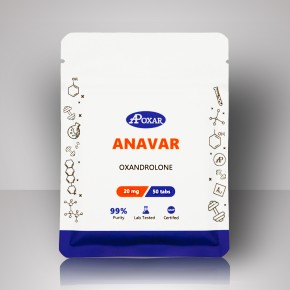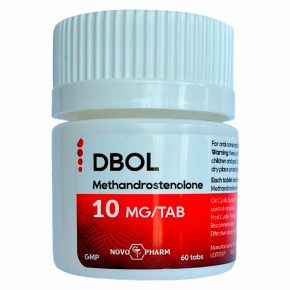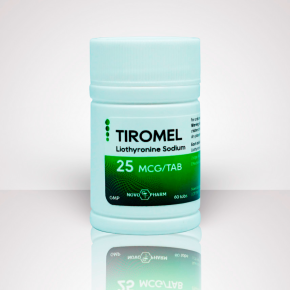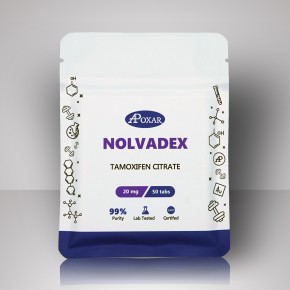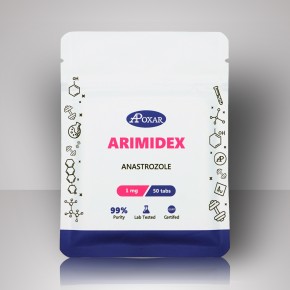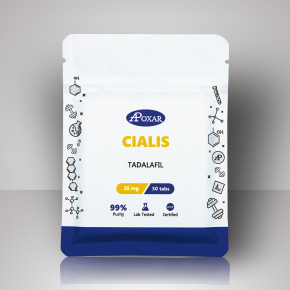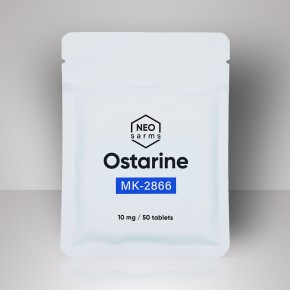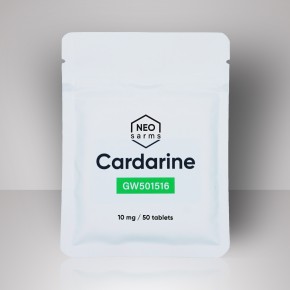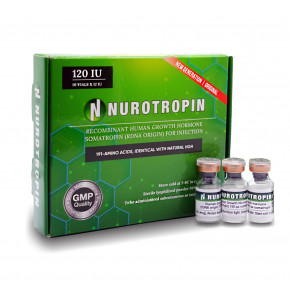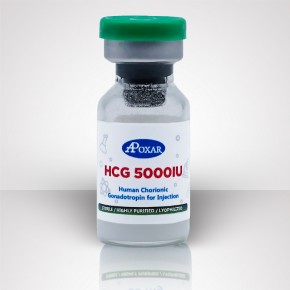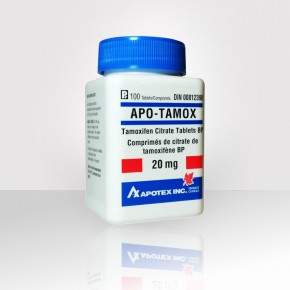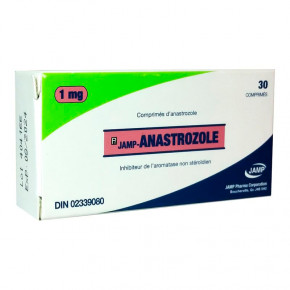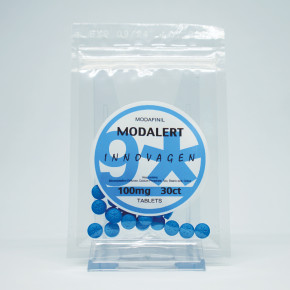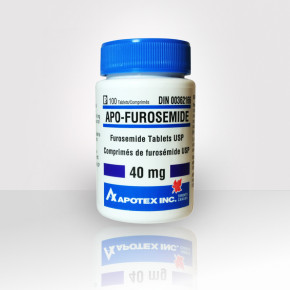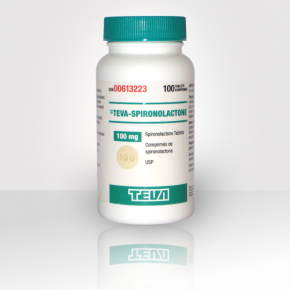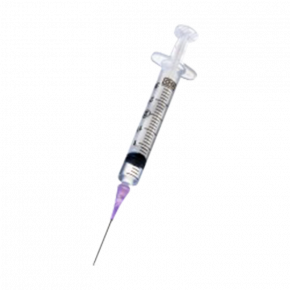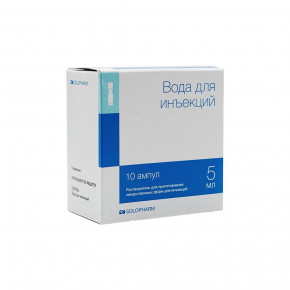Azithromycin General Description
Azithromycin is a popular antibiotic that is highly effective in treating all pathogens of bacterial origin. The active agent of the antibiotic is the substance of the same name – Azithromycin. The drug is often produced in the form of capsules or tablets for oral use available at 250 or 500 mg of the active ingredient per package.
Azithromycin has recently become populare in sports. Anabolic-androgenic steroids are characterized by numerous adverse reactions, which also include acne, while this antibiotic produces a bactericidal effect that works from the inside and helps to eliminate acne caused by steroids.
Azithromycin Benefits
In medical practice, Azithromycin is used to fight infections of:
- the upper airways
- lower airways
- infectious diseases of the skin
- urinary tract and other diseases
The drug exhibits an antibacterial effect of a wide spectrum of reactions. The active agent of the antibiotic affects the production of RNA in many bacteria. Due to rapid absorption of Azithromycin from the digestive tract into the bloodstream, the peak level of the drug’s concentration in the tissues and plasma is reached 2-3 hours after administration.
Azithromycin has the following effects on the body:
- inhibits protein synthesis, the growth and reproduction of bacteria;
- produces a bactericidal effect in high concentrations;
- has an effect on intracellular and extracellular pathogens;
- eliminates skin acne and prevents further development of areas of inflammation.
Acne rashes and bodybuilding are closely related – bodybuilding involves high-calorie (high-carb) diets, which provoke frequent acne rashes. In order to improve the body athletes also often use anabolic drugs that cause acne. Acneiform rashes (acne) are a serious dermatological problem that requires complex treatment.
The main causes of acne are an increased concentration of androgens in the body, the use of anabolic-androgenic steroids which stimulate the functioning of the sebaceous glands in the skin, thus exacerbating pathological processes. The causes of acne rashes also include infections and skin contamination, the multiplication of bacteria called Propionibacterium acnes which results in inflammatory processes and suppuration. Azithromycin eliminates this problem.
Azithromycin Possible Side Effects
While using Azithromycin, users may encounter adverse symptoms in the form of digestive tract disorders, impaired functioning of the kidneys and liver, frequent headaches, bouts of dizziness, surges of aggression, drowsiness, pain in the heart, tachycardia, arrhythmia, skin rashes. If any of the above adverse reactions occur, it is necessary to reduce the dosage of the antibiotic or completely stop using it. Often such negative symptoms disappear on their own without the use of auxiliary drugs.
Azithromycin Administration and Dosage
Azithromycin tablets can be taken before or after meals, the time of administration does not affect the absorption rate of the active agent. Dosages and duration of antibiotic use depend on the occurring problem:
- In cases of inflammatory diseases or infections of soft tissues 500 mg of the active ingredient are taken daily for 3 days.
- In cases of inflammation of the bronchopulmonary system 500 mg of the antibiotic areused every day. The duration of treatment is no more than three days.
- In cases of Borreliosis of the first stage 1000 mg of the drug are used once on the first day of treatment, after which 500 mg of Azithromycin are used for 4 days.
- An uncomplicated bacterial infection of the urinary tract requires a single use of a drug at 1000 mg.
- In cases of peptic ulcer Azithromycin is used at 1000 mg daily for three days.
Something that is of particular interest to athletes is the usage of the drug for treating acne. To eliminate acne, Azithromycin is taken at 500 mg daily for 3 days, after which it is necessary to use 500 mg per day once a week for nine weeks. Extending the cycle for a longer period of time to eliminate acne is impractical, as the body can develop antibiotic resistance and the drug will cease to function properly.
Usage of Azithromycin solo does not provide such high efficiency as the use of several cosmetics to eliminate and prevent the further development of acne. In addition to taking the antibiotic it’s also vital to treat the affected areas of the skin with salicylic acid several times a day, in the morning and in the evening. Additionally, tincture of oak bark, calendula, chamomile or 3% hydrogen peroxide can be used to disinfect the skin. If salicylic acid does not produce the desired result, it can be replaced with Skinoren – a cream with azelaic acid.
It is necessary to engage in hydrotherapeutic procedures more often, always with soap. It is better to use soap with a pH balance like that of the skin, meaning 5.5. Choose baby or soft soap. It is recommended to avoid using regular alkaline washing solutions with a pH of about 7-9 – this causes a shift of the weakly acid condition closer to the alkaline one, which will lead to the manifestation of acne. The skin should not be dirty or oily. It is necessary to take a bath after sweating or exercise.
Using Azithromycin requires a review of the diet – it is necessary to add a vitamin-mineral complex. Vitamins of the B group are especially useful in this case. It is also required to reduce the amount of carbohydrate intake. Carbohydrates, spicy, fried and high-fat foods are excluded from the diet. It’s necessary to saturate the diet with foods high in fiber.

 Trusted by 50,000 Customers
Trusted by 50,000 Customers
